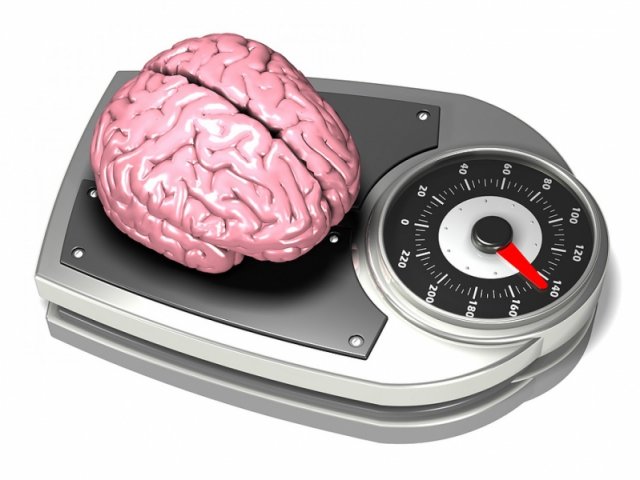In recent years, scientific research has been shedding light on the fascinating connection between our gut health and brain performance. The gut, often referred to as our “second brain,” plays a crucial role in various aspects of our well-being, including digestion, immunity, and mental health. This article explores the intricate relationship between gut health and brain function and how maintaining a healthy gut can positively impact our cognitive abilities.
The Gut-Brain Axis
The gut-brain axis is a bidirectional communication network between the gastrointestinal system and the central nervous system. It involves a complex interaction between the gut microbiota, the enteric nervous system, and the brain. The gut microbiota, a collection of trillions of microorganisms residing in our digestive tract, influence the production of neurotransmitters and play a vital role in regulating brain functions.
Neurotransmitters and Mood
One of the key ways in which the gut affects brain performance is through the production of neurotransmitters. Neurotransmitters, such as serotonin, dopamine, and gamma-aminobutyric acid (GABA), are chemicals that transmit signals between brain cells and regulate various physiological and psychological processes. Interestingly, about 90% of serotonin, a neurotransmitter known for its mood-regulating effects, is produced in the gut. This highlights the direct link between gut health and emotional well-being.
Inflammation and Cognitive Function
Chronic inflammation in the gut can have a detrimental impact on brain function. Inflammatory molecules released in the gut can cross the blood-brain barrier and trigger neuroinflammation, leading to cognitive impairments. Conditions such as irritable bowel syndrome (IBS) and inflammatory bowel disease (IBD) have been associated with higher rates of depression, anxiety, and cognitive decline. By maintaining a healthy gut and reducing inflammation, we can support optimal brain performance.
The Gut Microbiota and Cognitive Function
Emerging research suggests that gut microbiota composition plays a significant role in cognitive function. Studies conducted on both animals and humans have shown that alterations in the gut microbiota can affect memory, learning, and behavior. The gut microbiota produces metabolites, such as short-chain fatty acids, that can positively influence brain health. Prebiotics and probiotics, which promote a healthy balance of gut bacteria, have shown promising results in enhancing cognitive performance.

Nutrition and Gut-Brain Health
Proper nutrition is essential for maintaining a healthy gut and supporting optimal brain function. A diet rich in whole grains, fruits, vegetables, and lean proteins provides the necessary nutrients for both the gut and the brain. On the other hand, a diet high in processed foods, sugar, and unhealthy fats can negatively impact gut health, leading to inflammation and imbalances in the gut microbiota. Making conscious choices to prioritize nutritious foods can have profound effects on brain performance. For more information or to read all about smart pills, you may visit their page to learn more.
Conclusion
The intricate connection between gut health and brain performance cannot be overstated. By understanding and nurturing this connection, we can optimize our cognitive abilities and overall well-being. Prioritizing a healthy diet, reducing inflammation, and supporting a diverse and balanced gut microbiota are essential steps toward achieving a thriving gut-brain axis. By taking care of our gut, we can unlock the full potential of our minds and lead healthier, more fulfilling lives.
